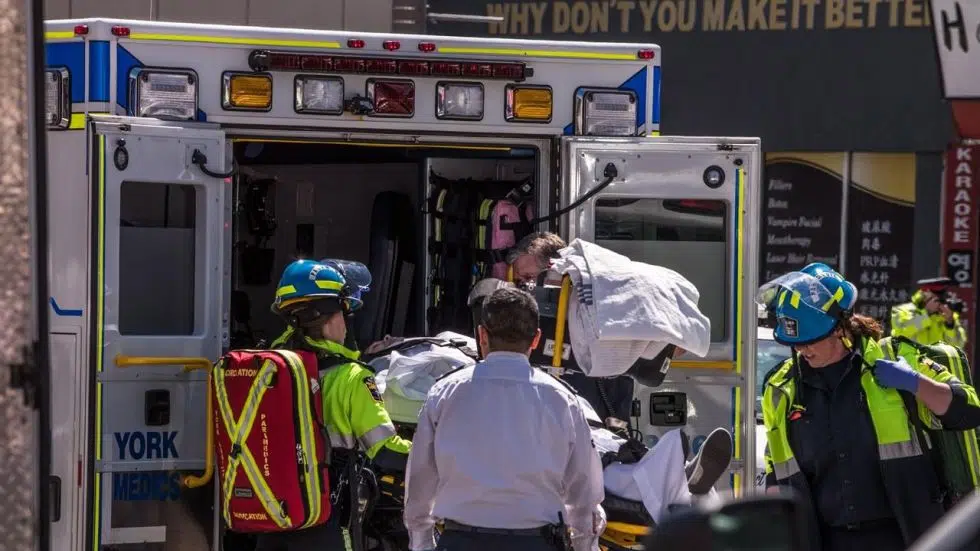
Saying the bad guys won’t change us isn’t an answer
KAMLOOPS — Little by little, we’re finding out more about the killer and his victims in this week’s van attack in Toronto.
The victims range in age from their 20s to 80s, from a single mom to a grandmother to someone just visiting town.
We still don’t know exactly what motivated the man who did it — was it an act of terrorism, did he have mental health issues, did he hate women?


